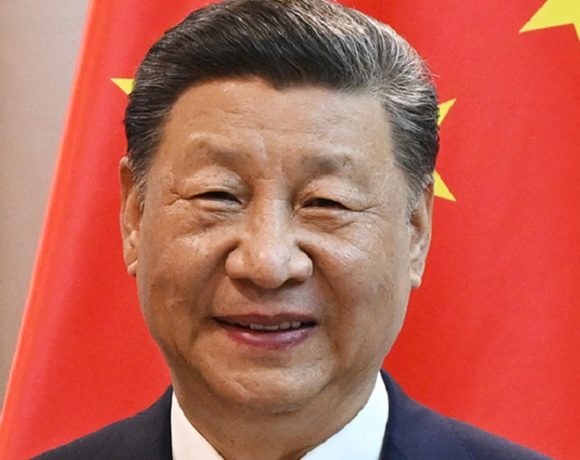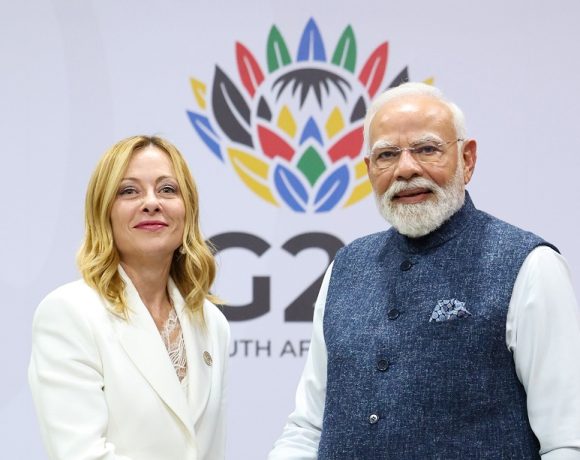
Keir Starmer Declines Meeting with Bangladesh’s Yunus
UK Prime Minister Keir Starmer has declined a meeting request from Bangladesh’s interim leader and Nobel Peace Prize winner Muhammad Yunus, who is currently on a four-day visit to London. Yunus is seeking British support to trace and recover an estimated $234 billion that he claims was illegally siphoned out of Bangladesh by the previous Sheikh Hasina-led regime and allegedly laundered into countries including the United Kingdom.
Starmer Avoids Direct Engagement
Speaking during his visit, Muhammad Yunus confirmed, “I have no direct conversation with him,” referring to Prime Minister Starmer. Despite repeated requests for dialogue, Downing Street has not scheduled a meeting between the two leaders. Yunus, however, remained optimistic, stating, “I have no doubt he would support us. This is stolen money.”
UK government officials confirmed that while they were offering limited technical assistance to Bangladesh’s investigative teams, there was no political engagement planned at the leadership level during Yunus’s visit. This marks a notable diplomatic pause in what could have been a high-profile anti-corruption alliance.
Political Tensions Over Tulip Siddiq
Complicating matters is the presence of Labour MP Tulip Siddiq, a close ally of Keir Starmer and niece of Sheikh Hasina. Siddiq had stepped down from her role as Minister for Anti-Corruption earlier this year following public scrutiny over her familial ties. She reportedly reached out to Yunus to discuss the matter, to which he responded, “This is a legal issue… a legal process. It’s not personal involving me.”
This familial connection is seen as politically sensitive, and may be contributing to Starmer’s cautious approach in handling the Yunus delegation. Critics argue it reflects an unwillingness to confront entrenched political interests that may undermine broader anti-corruption goals.
Focus on Asset Recovery and Reforms
Yunus, who assumed office as Bangladesh’s interim Chief Adviser in August 2024, is spearheading a broad-based anti-corruption campaign, with a key priority being the repatriation of laundered wealth. He claims that a large share of the $234 billion allegedly looted during the Hasina years ended up in the UK, Caribbean tax havens, Canada, and the Middle East.
He described his London visit as “just the beginning,” aiming to build legal, institutional, and public support in the UK for financial recovery operations. So far, the UK’s National Crime Agency has frozen two properties in London linked to former associates of the Hasina administration.
Yunus’s interim government is also preparing for democratic elections by mid-2026 and is looking to demonstrate transparency and resolve in prosecuting financial crimes. The global support he garners, particularly from financial and political hubs like London, could shape the credibility of his mission.
As his London outreach concludes without a meeting with Starmer, the next steps in the UK-Bangladesh cooperation on asset recovery remain uncertain. However, observers suggest that institutional cooperation may still continue behind the scenes, even if top-level political optics remain cold.


















